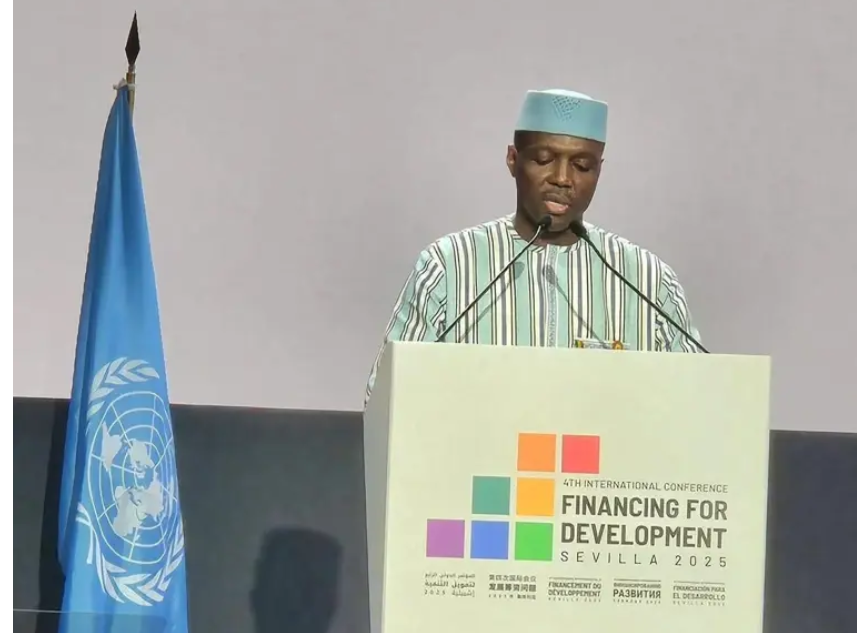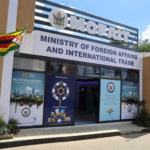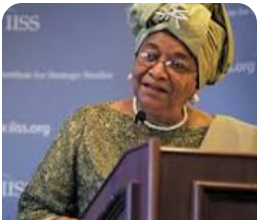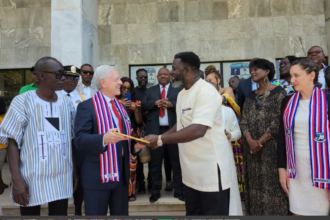By Mario Labrador
Seville, Spain – As Mali contends with a renewed surge in terrorist attacks, its Prime Minister, Abdoulaye Maïga, has pointedly accused Algeria of indirectly financing extremist groups operating across the Sahel region. This provocative statement, made at the 4th UN International Conference on Financing for Development in Seville, underscores deep-seated regional tensions that now threaten the stability of neighboring Mauritania and Senegal.
Speaking from the podium, Prime Minister Maïga declared, “For over a decade, the Sahel countries have been grappling with imposed terrorism, with the proven involvement of foreign state sponsors,” a statement widely interpreted as a thinly veiled reference to Mali’s northern neighbor, Algeria.
In response to the escalating security threats, Mali has reaffirmed its commitment to bolstering the Alliance of Sahel States (AES), a bloc created in September 2023 by Mali, Niger, and Burkina Faso. According to Maïga, the AES aims to transform into a formidable regional power bloc, not only to “improve living conditions” within its member countries but also to counter what they perceive as Algerian interference in their internal affairs. Earlier in April, the three AES nations collectively recalled their ambassadors from Algiers in a show of solidarity with Mali, following accusations by the Malian government that the Algerian army had violated its territory.
The Prime Minister’s accusations come amidst a fresh wave of coordinated terrorist attacks reported by the Malian Armed Forces (FAMa) on July 1. Positions in Niono, Modolo, Sandaré, Nioro du Sahel, Diboli, Gogui, and Kayes were targeted in the early hours, highlighting the worsening security landscape. In Algeria, some local media outlets have responded by claiming that the “Assimi Goïta junta is backed into a corner” by these escalating threats, suggesting a different narrative of the situation.
Further complicating the regional dynamics, Mali’s withdrawal from the 2015 Algiers Agreement has seen Algeria rally opposition groups in the Azawad region under a new umbrella: the Azawad Liberation Front, officially announced on November 30, 2024. Ironically, during the original Algiers negotiations, Algeria had previously opposed the autonomy and separatist demands of the Tuareg Amazigh in Azawad.
Morocco, a key regional player, is closely monitoring the deteriorating security situation. On April 28, King Mohammed VI received the foreign ministers of the AES countries in Rabat, signaling Morocco’s strategic interest and support for the bloc. The Kingdom has also signed military cooperation agreements with Mali, Niger, and Burkina Faso, with AES army units currently undergoing training in Moroccan military schools and academies.
Beyond the immediate Sahel nations, the growing spread of these armed groups poses a direct threat to neighboring countries. “These armed groups are advancing toward Mali’s western border, near Mauritania and Senegal, an area long considered shielded from foreign interference, but now emerging as a hotspot for terrorist expansion,” warned a Nouakchott-based outlet on July 2, underscoring the expanding reach of the crisis.









